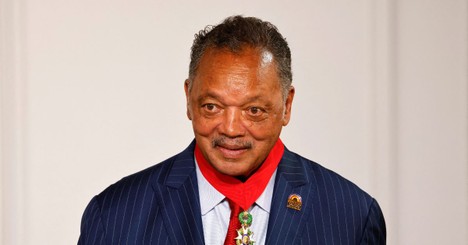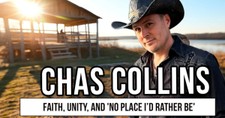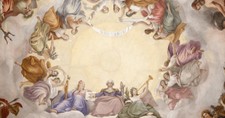

19 Christians Killed in Anti-Regime Protest

Glove DNA Could Be Key in Search for Savannah Guthrie’s Mom: ‘We Still Have Hope’

Southeastern University Cancels Classes as Students Worship Round the Clock: ‘God Is Here’

Bethel Church Places Pastor on Administrative Leave Amid Allegations of Clergy Sexual Abuse
Trending Articles
Recent News
Trending Articles
Recent News
Positive Stories
Celebrity
Video
Opinion
Church
Entertainment
Sports
Movies
Politics
Israel
Christian News Headlines - Breaking and Trending Religion News
Crosswalk Headlines - Christian news brought to you by a group of Christian writers and editors who are dedicated to creating a well-rounded look at what’s happening across the globe from a Christian worldview. Our vision is to inform and inspire productive discussion about the current events and online trends that shape our lives, our churches and our world.Crosswalk Headlines includes blog posts about current events and Christian media, breaking news, feature articles, and guest commentaries, many written by respected Christian thinkers.































































